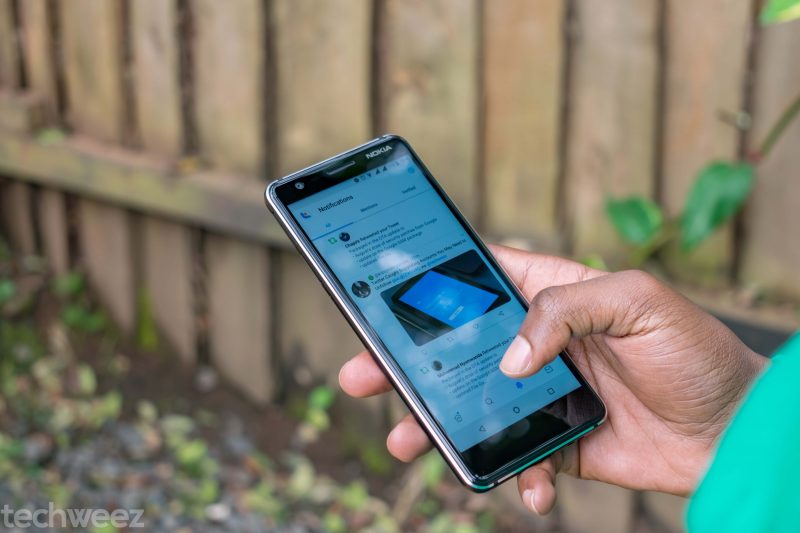

Promptly after the bill was signed into law, service providers started adjusting their prices to accommodate the extra cost and hardest hit was internet services – I will explain why in a while. Zuku was the first to introduce new pricing for their home and office internet services – the revision saw the prices go up by around Kes.500 for the cheapest package, however, Zuku announced that they would absorb the additional cost for the rest of the year for new customers, come January 2019, consumers will have to carry their own cross.
The other day, Kenya’s biggest telco, Safaricom announced that they had adjusted their voice, SMS, mobile data and fibre prices in accordance with the Finance Act 2018. This meant that as from October 18th 2018, Safaricom subscribers would pay Kes.30 cents more for voice calls and mobile data and Kes.10 cents more for SMS. Safaricom Fibre customers would also see a significant price increase, with the difference going as high as Kes.1,500 for Platinum Plus subscribers.
This increase has not been received well by customers, with a section of them complaining that the prices are not justified. It is easy to complain and blame the service providers if we don’t clearly understand what is happening, so I will try and explain.
Before the Finance Act 2018 was implemented, excise duty on Voice calls, mobile data and SMS was set at 10%, thus when the government raised it to 15%, the difference in pricing is not that much compared to fixed internet, which previously had no excise duty hanging over its head but now commands 15% of the same.
In simpler terms, the excise duty on SMS, Voice and mobile data went up from 10% to 15%, so the pricing changes, reflect the 5% addition, compared to fixed internet that had 0% excise duty and now has 15% excise duty charged.
Tax on Tax
Here’s where things get even more complicated. There are two categories of Taxes at play here, VAT (Value Added Tax) and now excise duty. To demystify the complication, excise duty will be charged on the price of data, i.e. 15% of the current cost, after this addition, VAT will now be applied to the new amount, i.e VAT will be charged on (cost + excise duty). This double taxation is what has driven up the price significantly for mobile services and internet.
Aside from Zuku and Safaricom, other Internet Service Providers (ISPs) have also come out to announce the way forward in regards to the Finance Act 2018. Jamii Telecommunications Limited (JTL) said that they will absorb the cost for their consumers apart from Fiber Business customers. This means that Faiba4G and Fiber Home customers will see no change in pricing as JTL will foot the bill. Fiber Business customers will have to dig deeper into their pockets to cover the additional cost.
As of hitting publish on this article, Telkom Kenya said that no decision had been made yet regarding the new taxes. “Telkom is still in deliberations and consultation on how to address this development on the increased excise,” they said. Airtel Kenya also shared the same sentiments with Telkom, but we do not have an official statement from the company.
That said, whether the service providers push the additional cost to their customers or decide to foot the bill themselves, what remains constant is that the cost of internet in the country will never be the same again.
























